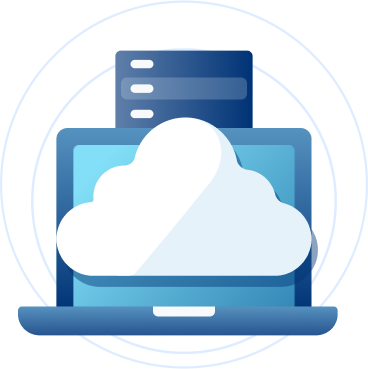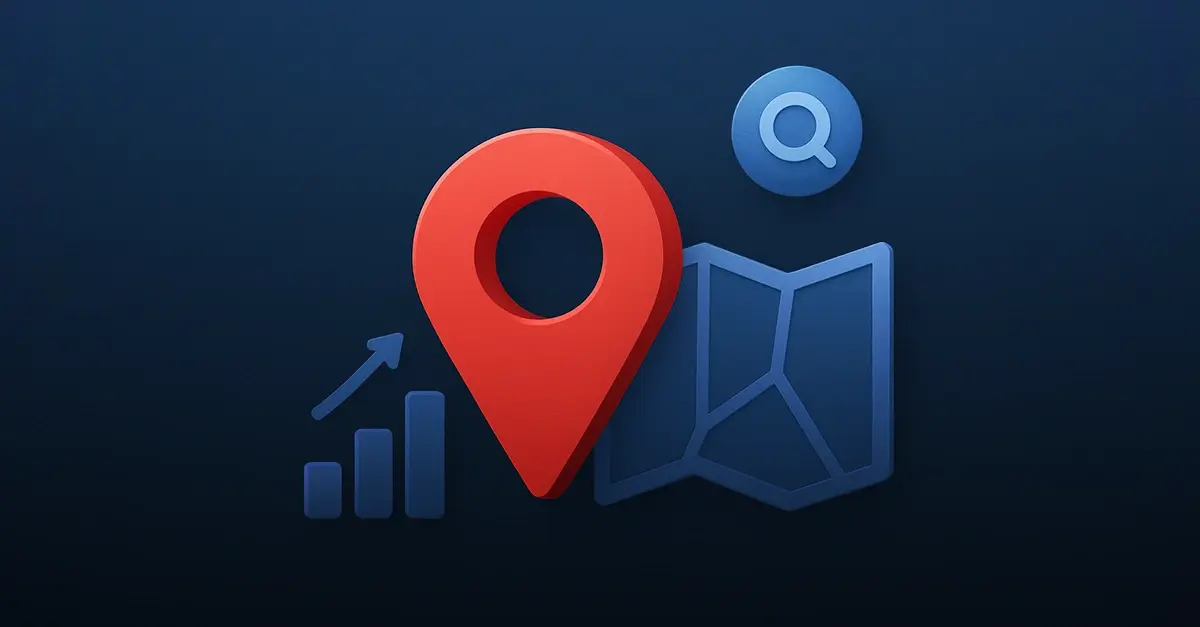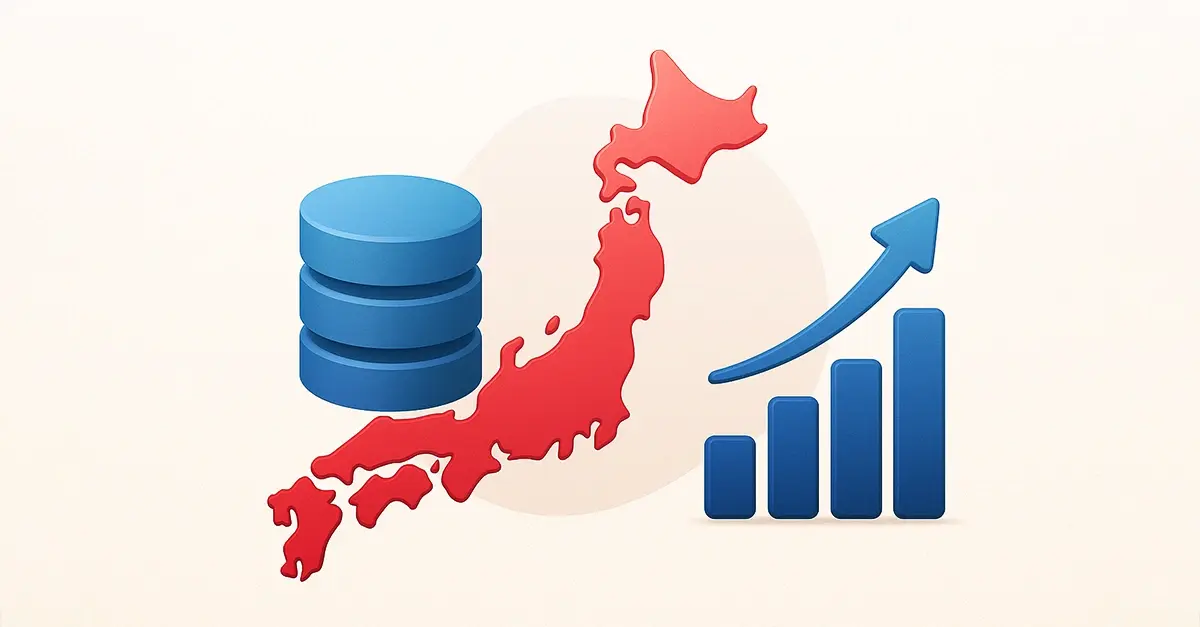Power Your Entire Data Ecosystem with
Trusted Global B2B Data.
-
Global Coverage: Access verified business data on 375 million companies across 220 countries and territories, covering every major industry and market segment - from local SMEs to global enterprises.
-
Fully Compliant & Ethically Sourced: Every record in our database is GDPR and CCPA compliant, following all regional privacy standards and local regulations. Data is collected from official and transparent sources to ensure secure, ethical, and lawful use worldwide.
-
Data Attribution: 460+ firmographic, hierarchic, and technographic data attributes - including size, revenue, industry codes, ownership links, and tech stack.
-
Decades of Expertise: With over 30 years in global business and location data, we have developed one of the most trusted and complete dataset with B2B data - providing verified information to thousands of organizations worldwide.
-
Unified Global Structure: Receive all company data in one standardized format. We unify international classification systems (SIC, NACE, NAICS) into a clear, consistent structure you can integrate directly into your CRM, GTM, or AI workflows.
-
Trusted Reliability: We aggregate data from 1,100+ verified sources, continuously processed, deduplicated, validated, and updated for maximum accuracy and freshness. Your teams work with data that’s not just big - it’s reliable, connected, and consistent.
-
AI-Optimized & Continuously Enriched: Advanced AI models handle deduplication, entity resolution, attribute enhancement, and enrichment - ensuring you always access clean, structured, and ready-to-use data for automation and analytics.








